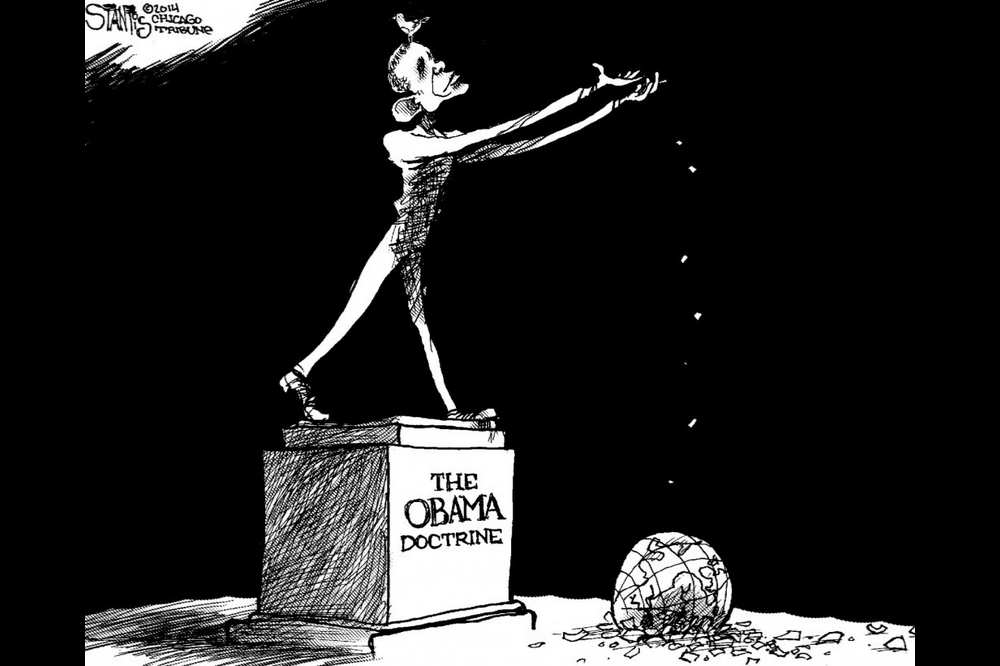
Thomas Donnelly, Defense, Foreign and Defense Policy
This article will appear in the January 23, 2017, issue of the National Review.
"As the Trump transition team looks to roll back Barack Obama’s second-term tsunami of executive orders and regulations, and Republican leaders in Congress prepare to repeal Obamacare, the outgoing president’s legacy seems to shrink daily. But one effect of eight years of Obama won’t soon vanish: He’s done more damage to American military power than his successor can repair. It’s not simply that Obama tried to end U.S. involvement in the Middle East by unilaterally withdrawing from Iraq, conducting a phony surge in Afghanistan, and failing to respond to the civil war in Syria. It’s not just that Obama did little beyond telling Vladimir Putin to “cut it out” after Russia annexed Crimea and after Putin otherwise exploited whatever opportunity arose to unravel the post–Cold War peace of Europe, or that Obama neglected to back up the promise of a “Pacific pivot” as the Chinese dredged their way (island-making instead of island-hopping) across the South China Sea. Retreats can be reversed, even if the price of victory rises when it has to be won twice (or three or four times, in the case of Iraq).
"Obama not only restrained the American habit of involving ourselves in the world’s affairs but also, by reducing our military power, constrained a future president’s ability to do so. The propensity to “resort to force,” in his view, was a disease shared nearly equally by past presidents of both parties. Bill Clinton may have agonized and dithered over the use of American power, but to a progressive mind he was little different from George W. Bush." Read more here.
| comicallyincorrect.com |






